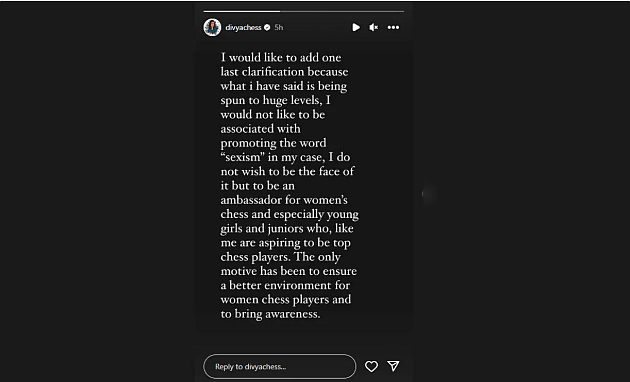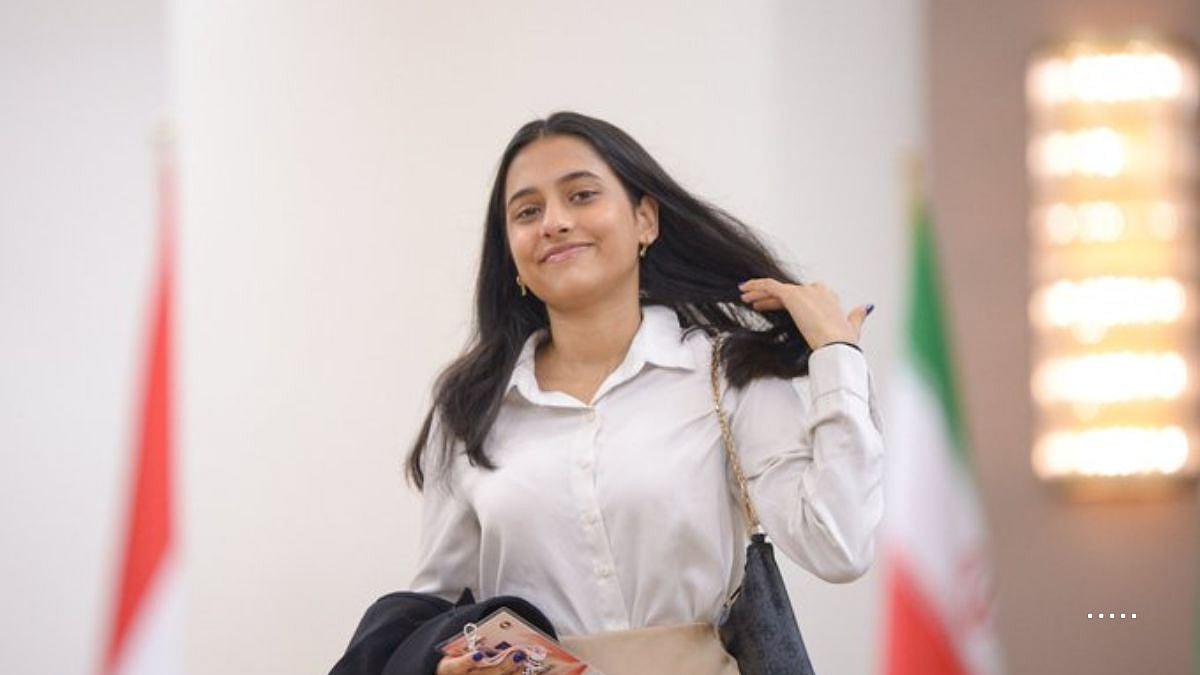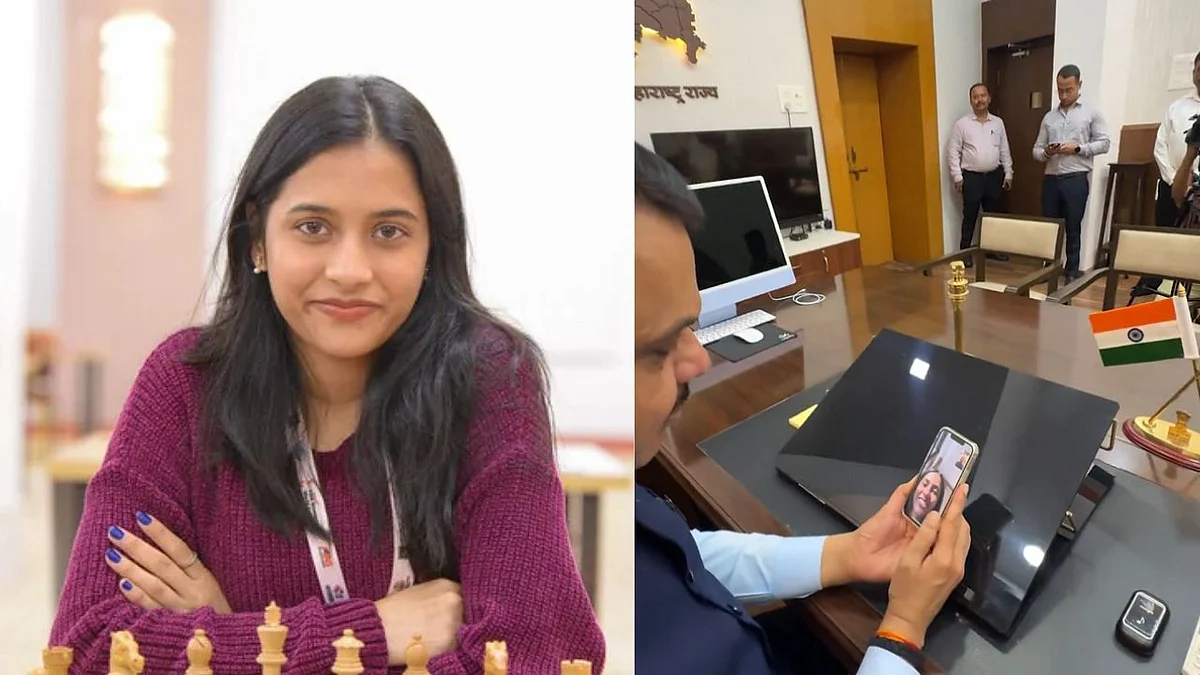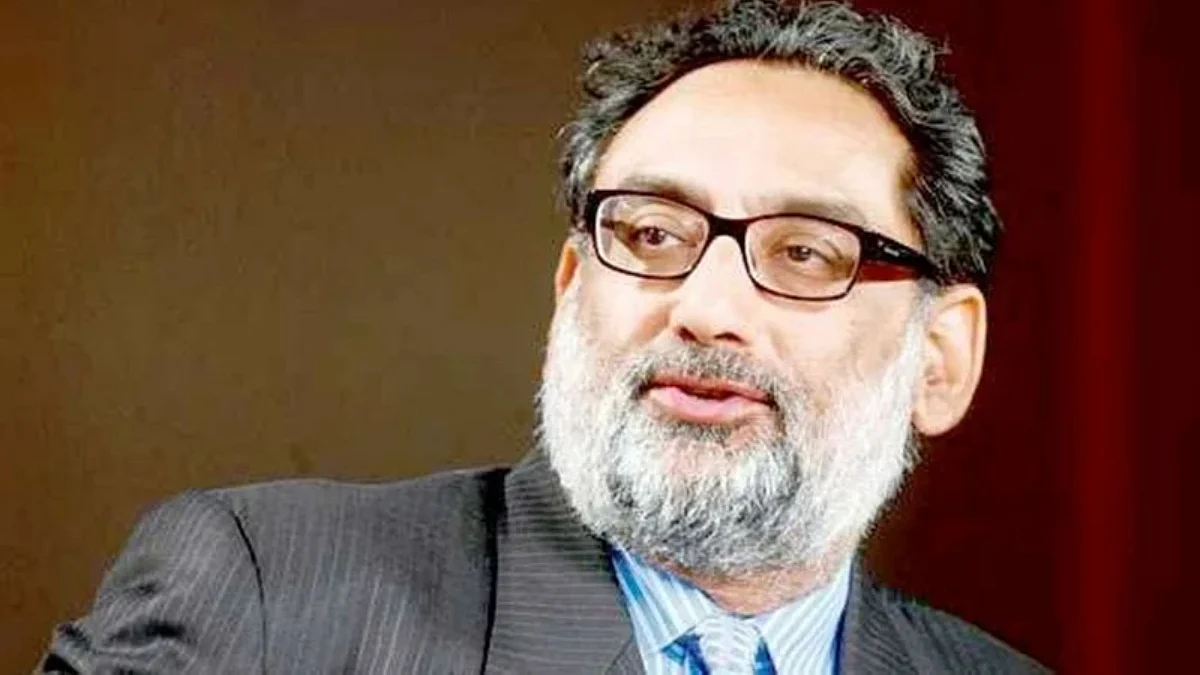Born on December 9, 2005, in Nagpur, Maharashtra, Divya Deshmukh hails from a Marathi family of doctors. She attended Bhavans Bhagwandas Purohit Vidya Mandir in Nagpur, where she began her chess journey under her father’s guidance and quickly ascended through national and international youth ranks.
At just five, she sat at a chessboard for the first time—by seven, she became national Under‑7 champion; later, she claimed youth world titles in U‑10 and U‑12 categories.
Over the years she earned India's Woman Grandmaster title in 2021 and her International Master (IM) title in 2023, peaking with an Elo rating above 2500 by October 2024.
A historic triumph in Batumi
After 24 days of high‑drama competition in Batumi, Georgia, Divya emerged as the 2025 FIDE Women’s Chess World Cup champion, defeating India's legendary Koneru Humpy in tense rapid tie‑breaks. The two classical games ended in draws before Divya clinched the title with a 1.5‑0.5 rapid win.
This win made her the first Indian woman ever to lift the Women’s World Cup, and earned her the final Grandmaster norm—becoming India’s 88th GM and only the fourth Indian woman to hold the title.
Emotion and national pride
The emotional scenes following the win were unforgettable. Divya broke down in tears as she embraced her mother, a poignant reflection of years of sacrifice and hard work.
Maharashtra’s leaders, including PM Modi and CM Fadnavis, also lauded her courage and dedication.
A Voice Beyond the Chessboard
However, Divya Deshmukh’s rise to the top hasn’t just been about her precision on the chessboard—it’s also marked by the courage she’s shown off it. Earlier in 2024, the then 18-year-old made headlines when she took a bold stand against gender inequality and sexism in the world of chess, shedding light on issues often brushed under the rug.
In a heartfelt social media post following a tournament, Divya voiced her disillusionment with how women in chess were routinely overlooked and objectified—often judged more for their appearance than their talent.
“I got told and also noticed how women in chess are often just taken for granted by spectators,” she wrote. “In this tournament, I played a few games I was really proud of, but instead of the games, the audience was focused on my clothes, my hair, my accent—everything but the actual chess.”

The Nagpur-based prodigy didn’t stop there. She called out the stark contrast in treatment between male and female players, especially during interviews and media interactions.
“Very few people paid attention to the quality of the games I played. It was disappointing to see how almost everything discussed about me had nothing to do with chess.”
Her honest words resonated across the chess world, drawing praise and sparking long-overdue conversations on equal recognition for women in sports.
“If I go to a guy’s interview, there’s way less judgment on a personal level,” she added. “I’ve faced so much criticism for things that don’t matter. I think women deserve to be respected for their game.”
Her outspokenness not only drew support from peers and fans but also reaffirmed her status as a role model for young women—not just in Maharashtra, but across India. At barely 19, Divya is already challenging not just opponents on the board, but societal norms off it.

What’s next: looking ahead
By reaching the final, Divya secured her spot in the upcoming Women’s Candidates Tournament, bringing her one step closer to the World Championship challenger cycle.
She said emotionally, “I think it was fate… before the tournament I didn’t even have one norm… at the end I became a grandmaster.” She remains grounded, noting, “This means a lot… but there’s a lot more to achieve.”
Divya’s win marks India’s first women’s World Cup title—signaling a turning point for women’s chess in the country.
Her journey from Nagpur to international glory is a compelling tale of dedication, discipline, and national pride.










